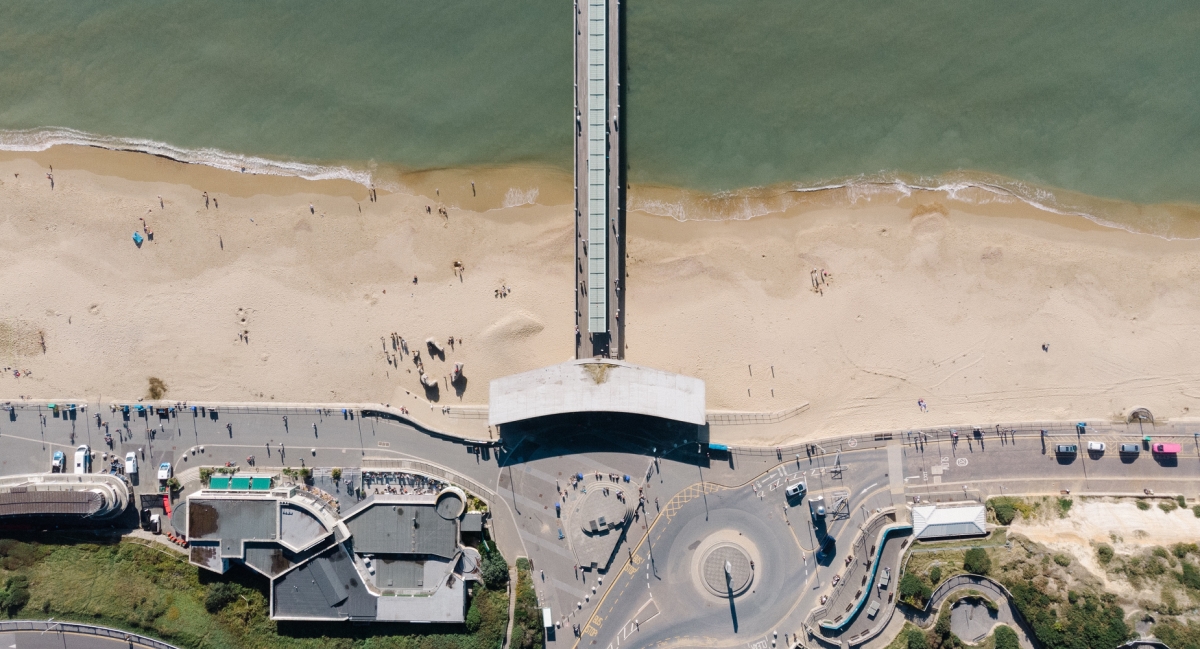You only sing when you’re winning. And between Glee Club and Communioke there was plenty of singing going on at this year’s Lib Dem Conference. Following the successes at the recent European and local elections, the steady stream of summer signings and general election polling of around 20%, it’s perhaps no surprise that the mood in Bournemouth was a lot more bullish than previous years.
For the first time in a while the national press was paying attention to Lib Dem conference for the right reasons, and not Vince Cable mispronouncing “erotic spasm”. While recent years have felt more like a wake, there was a buzz about Bournemouth this year which signalled brighter things ahead.
All eyes on Gy
Broadcast media descended upon the seaside town en masse; reporting eagerly on the latest high-profile defector, Sam Gyimah, and the latest provocative policy, revoking Article 50. This hum was reflected in the fringe event rooms – which were hugely oversubscribed – and the hotel bar – where many hugely overimbibed. The challenge for Swinson and the party’s senior leadership now is to convert this conference bounce (worth 4 percentage points in the latest polls; taking them 2 points above Labour) into sustained media coverage and public interest by deploying their newly won spokespeople adeptly and capturing headlines and imaginations beyond Brexit-related pronouncements.
Initial signs are positive. While the majority of external interest concerned the pledge to revoke Article 50, there was a good deal of earnest policy discussion going on at this year’s conference – and thus plenty of reasons for businesses large and small to re-engage with the party.
Taking position as the new opposition
London mayoral candidate Siobhan Benita captured the attention of the capital’s teachers and their truants with a promise that “no child will be permanently secluded from mainstream schools”, while Ed Davey promised to prioritise Brexiteers who feel left-behind in his next budget and Norman Lamb bid the party farewell with a serious panel discussion on cannabis regulation – an issue he will now lobby on away from the green benches.
The Lib Dems are taking the opportunity to position themselves as the opposition party seriously, and they plan on doing so with a barrage of environmentally conscious, socially liberal, populist proposals aimed at underscoring Corbyn’s lack of creativity. Demonstrating to voters, and even potential future defecting MPs, that the Lib Dems are the credible opposition party (à la Blair pre-1997) is crucial to sustaining the party’s popularity should we suddenly exit the European Union.
This is as much a media and communications issue about getting the messaging right, as it is a structural one around making budget announcements, having a robust Shadow Cabinet and building up support amongst businesses.
Broadening the base
This issue around growing the membership and attracting a diverse spread of supporters is one that is clearly a priority for Swinson’s shadow cabinet, and one she has referenced repeatedly both in public and behind closed doors. For as much as Chuka Umunna and Siobhan Benita talk about the strengths and benefits of a diverse community, between 2015 – 2017 the list of Lib Dem political representatives was anything but (with 8/9 Lib Dem MPs male and all 9/9 white and above the age of 40).
Now with senior female leadership and an ethnically diverse set of MPs, the Lib Dems can expect to broaden their appeal – increasing the number of members beyond the current record pool of 120,000. Whether they will be able to attract an army big enough to stop Brexit and form a Government is to be seen, however, for now, the party has reason to sing.



